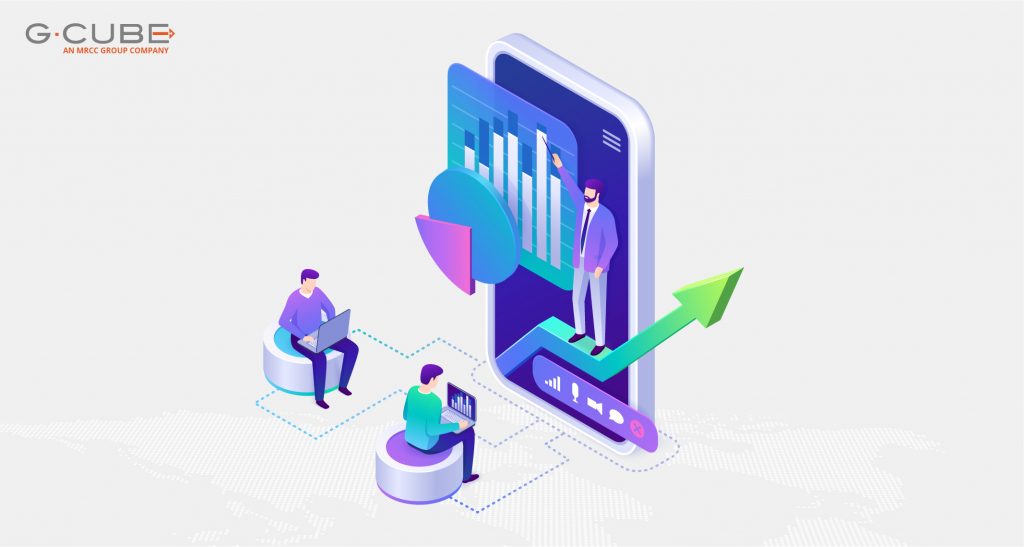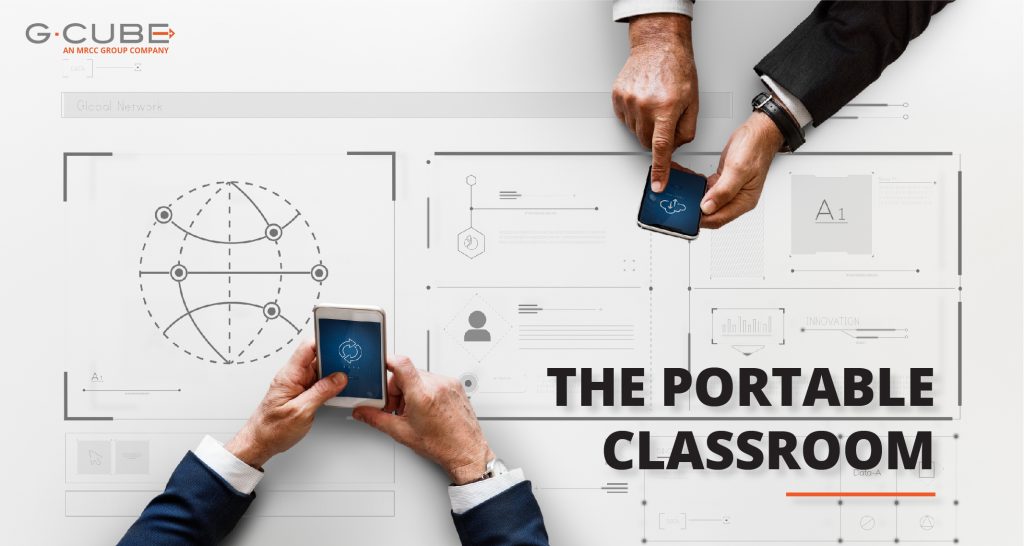The year is 2007. Nokia, having enjoyed the position of market leader for decades, is about to be dethroned. The rising popularity of smartphone brands like Samsung, Blackberry, and Apple’s iPhone will soon shake up the market. A mobile phone is no longer just a tool for communication. The market has caught on to the incredible usefulness of having a computer that can fit into your pocket, and they are hungry for more features. The age of the smartphone has begun.
The smartphone has transformed dozens of facets of our lives. It has affected how we communicate, how we do business, and how we plan our day. And while some schools and offices have begun to take advantage of the power of mobile technology, mobile learning remains heavily underutilized by most companies.
Professional Training Has Never Been Easier
Professional training has been a talking point among business leaders for decades. According to a study conducted in 2018 by the American Salary Guide, 92% of employers said skill shortages were massively affecting both job productivity and job satisfaction, and this number has not gone down. Businesses have struggled with balancing time spent solving problems with time spent gaining new skills, particularly for employees on the move who also have to consider transportation times and costs.
With mobile learning, these problems disappear. Learning on the go becomes effortless, and business communication like updates, from policy to technical knowledge, is quick and easy. Modern phones can display interactive quizzes and games, in-depth tutorials, and animated infographics. Companies like G-Cube have been building mobile learning content that is engaging, eye-catching, and professional. The content is fun and vibrant yet densely packed with information.
Professionals Can’t Sit in Classrooms Anymore
A major concern with most traditional learning systems is that working professionals often do not have the time to sit down for extended periods to work on one training module. With hectic schedules of work and travel, high-value professionals need to learn on the move. Mobile learning solves this problem by making pause-and-play mobile courses much more convenient. Mobile learning courses and modules perform better as small, ten- to twenty-minute-long segments. This way learners can spend time between larger work tasks efficiently.
These short segments are easier to track, and managers can see team members progress from one to the next instead of only being notified at the end of a single large module. Tracking gradual progression like this can help motivate teams as managers can encourage those who are behind.

Everything Is Online, Everyone Is Connected
According to research conducted by Google, 80% of all internet users worldwide have mobile phones, with almost 30% of all users owning only a mobile device and nothing else. With internet access becoming cheaper and more available, and smartphones doing the same, internet-accessible phones are no longer restricted to blue-collar workers and above. Today, the smartphone is the most common tool of the working professional.
So mobile learning is effective for educating our clients and customers too, many of whom might not even have a computer at home. Ever since going mobile, Google’s Analytics Academy and Facebook Blueprint have massively increased the popularity of Google’s and Facebook’s ad platforms.
Smartphones Are Getting Way More Powerful
New advances in architecture, transportation, and even medical technology have beautiful tutorial programs published on mobile. Elon Musk’s SpaceX has even released a publicly available web-based docking tutorial, turning users into certified spaceship pilots within minutes. The ease with which companies can educate clients makes innovation easier and less risky and cutting-edge products far more attractive.
Companies like yours can take advantage of these incredible resources to do incredible things. With advancements in both storage and processing power, the mobile learning experience has become just as good as a desktop, with the added interactivity of touchscreens and other common smartphone features like GPS and gyroscopes. E-learning leader G-Cube has been making incredible strides in mobile learning, helping companies in every industry take advantage of the same benefits that Google and SpaceX have capitalized on from mobile e-learning modules.








